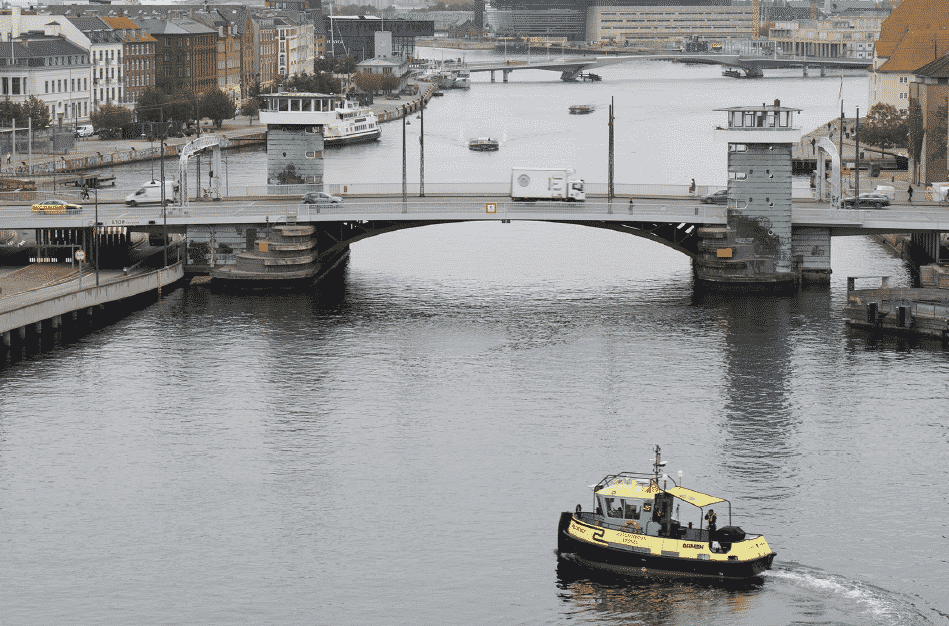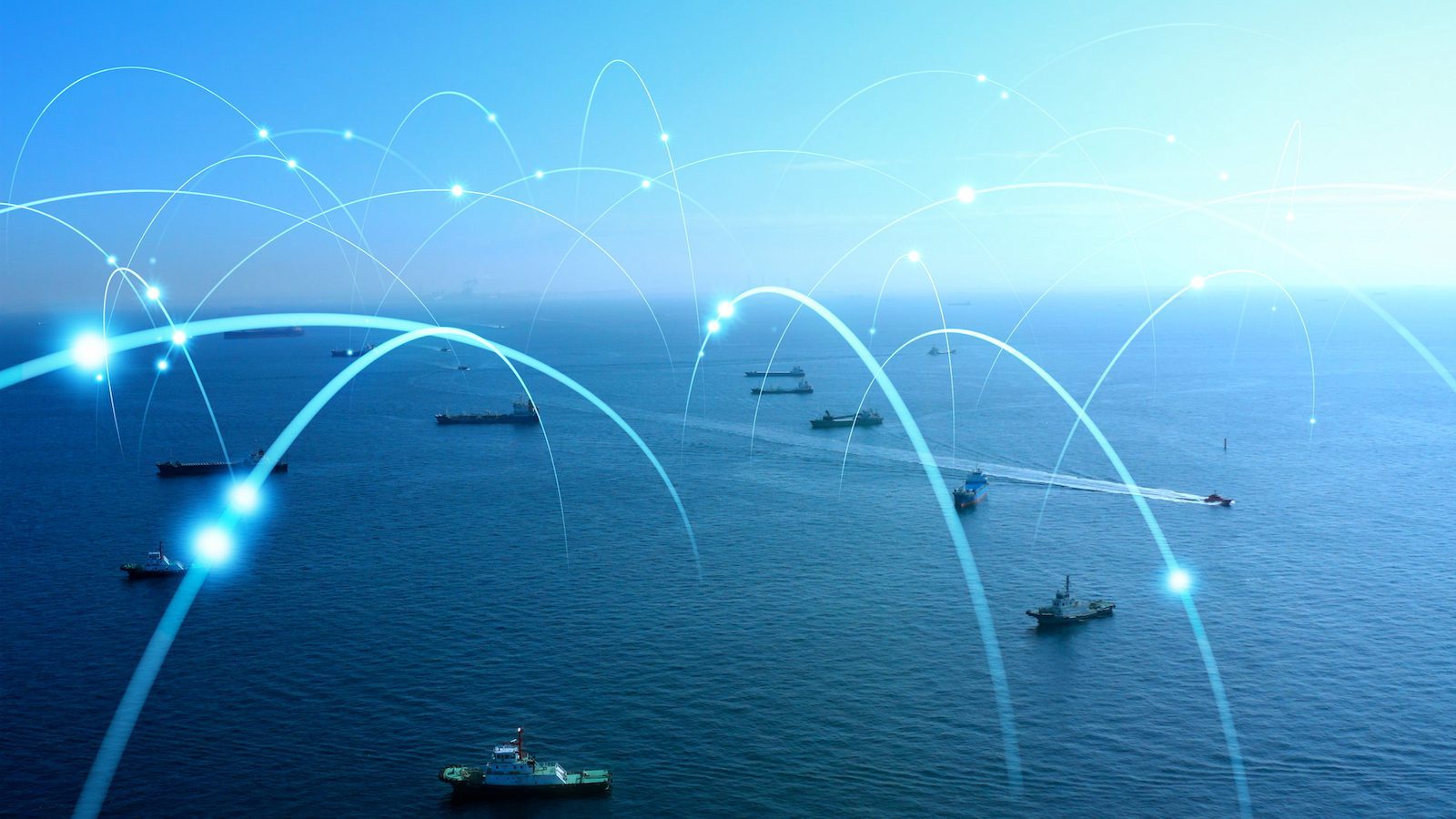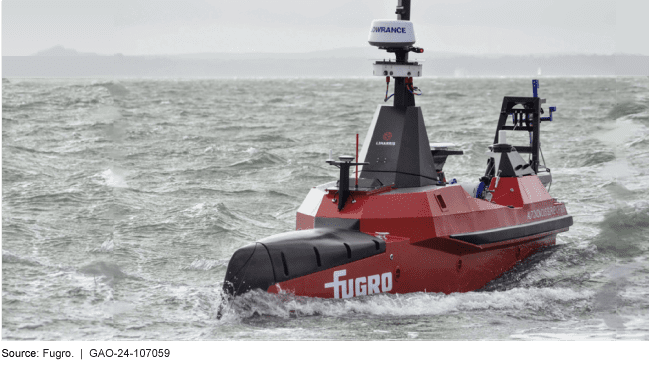Boston-based Sea Machines Robotics announced today that it has completed the world’s first 1,000+ nautical miles autonomous and remotely commanded journey of a commercial vessel at sea.
Under the project name The Machine Odyssey, the company’s autonomous tug Nellie Bly completed the journey, a circumnavigation of Denmark, in just 129 operational hours over 13 days. The voyage was commanded by U.S. Coast Guard-licensed mariners located some 3,000 miles away in Boston, many of whom are also members of the American Maritime Officers union.
Sea Machines’ CEO, Michael Johnson, said the voyage marks the catalyst for a new era of autonomous and remotely operated at-sea operations.
“Remotely commanded autonomous vessels provide the marine industries with the platform necessary to be competitive in the modern world, delivering significant increases in productivity and operational safety, digitized ultra-efficiency and response speed, and will provide a new world of actionable operational data for improved planning and business practices<” said Johnson. “The Machine Odyssey signals the start of a new human-technology relationship propelling on-sea operations in the 21st century.”
The Nellie Bly is equipped with the Sea Machines SM300, a first-of-its-kind AI-enabled, long-range computer vision and a sensor-to-propeller autonomy system.
Averaging a speed of 7.9 knots throughout the voyage, the company reports that 96.9% of the 1,027 mile journey was accomplished under fully autonomous control and the SM300 successfully executed 31 collision-avoidance and traffic separation maneuvers.
Sea Machines said it collected 3.8TB of essential operational data showcasing how the ships can readily connect as “Internet Of Things” (IOT) systems into the cloud economy. The SM300 also provided the remote commanders in Boston with an active chart of the environment and live augmented overlays showing the progress of the mission, state of the vessel, situational awareness of the domain, real-time vessel-borne audio, and video from many streaming cameras.
“Autonomy is taking hold faster on the waterways than it is on roadways,” said Johnson.
“Our autonomous systems are already supporting vessel operations around the world in manned and unmanned capacities. We are rapidly retooling the marine industries with an advanced perception, self-piloting system, and connected vessel intelligence. The Machine Odyssey was a success and we believe we will soon see autonomy become commonplace,” he added.
Editorial Standards · Corrections · About gCaptain

 Join The Club
Join The Club











